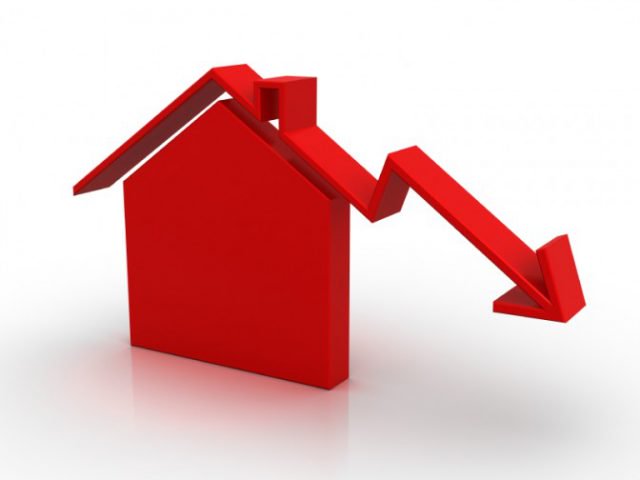Home » Uncategorised »
Property price growth slows for third straight month
This article is an external press release originally published on the Landlord News website, which has now been migrated to the Just Landlords blog.
The latest research from Nationwide has shown that UK property prices have fallen for the third consecutive month – the first time this has happened since 2009.
May’s data indicates that yearly house price growth slid to 2.1% – the weakest in nearly four years.
Election Uncertainty
Nationwide looked at house price movements in the months around previous elections and the EU referendum last year. Its analysis found that previous elections do not seem to have generated much volatility in property prices, or significant changes in trends.
Robert Gardner, Nationwide’s Chief Economist, noted: ‘If history is any guide, the slowdown is unlikely to be linked to election-related uncertainty. Housing market trends have not traditionally been impacted around the time of general elections. Rightly or wrongly, for most home buyers, elections are not foremost in their minds while buying or selling their home.’[1]
‘On the whole, prevailing trends have been maintained just before, during and after UK general elections. Broader economic trends appear to dominate any immediate election-related impacts. It is too early to conclude whether the slowdown in house price growth is merely a blip, a reflection of the impact of the squeeze on household budgets, or is due to mounting affordability pressures in key areas of the country,’ he continued.[1]
Moving on, Gardner said: ‘Given the ongoing uncertainties around the UK’s future trading arrangements and the upcoming election, the economic outlook is unusually uncertain, and housing market trends will depend crucially on developments in the wider economy.’
‘Nevertheless, in our view, household spending is likely to slow in the quarters ahead, along with the wider economy, as rising inflation increases the squeeze on household budgets. This, together with mounting housing affordability pressures, is likely to exert a drag on activity and house price growth in the quarters ahead.’[1]

Property price growth slows for third straight month
Momentum Loss
Russell Quirk, founder and CEO of eMoov.co.uk, observed: ‘A third consecutive drop may seem like a reason to worry for UK homeowners, but house prices still continue to climb despite the slowdown in the rate of growth.’
‘It is unclear as to whether the market is losing momentum or if buyer demand is unseasonably hibernating due to the oncoming election, but Nationwide have been quick to highlight that previous elections have had little impact on traditional house price trends.
It’s fair to say, however, that previous years were a tad more routine that a snap election called in the middle of negotiations to leave the EU and it is likely that the market is seeing an influence from both sides.’
‘House prices, along with the gap when compared to earnings, have continued to increase and such a pattern is unsustainable in the long term. It is likely that we will see the market let off a little steam and naturally adjust over the coming months and overall it should stabilise once the election dust has settled and buyer confidence returns to full force.’[1]
[1] http://www.propertyreporter.co.uk/property/house-prices-fall-for-third-month-in-a-row.html




